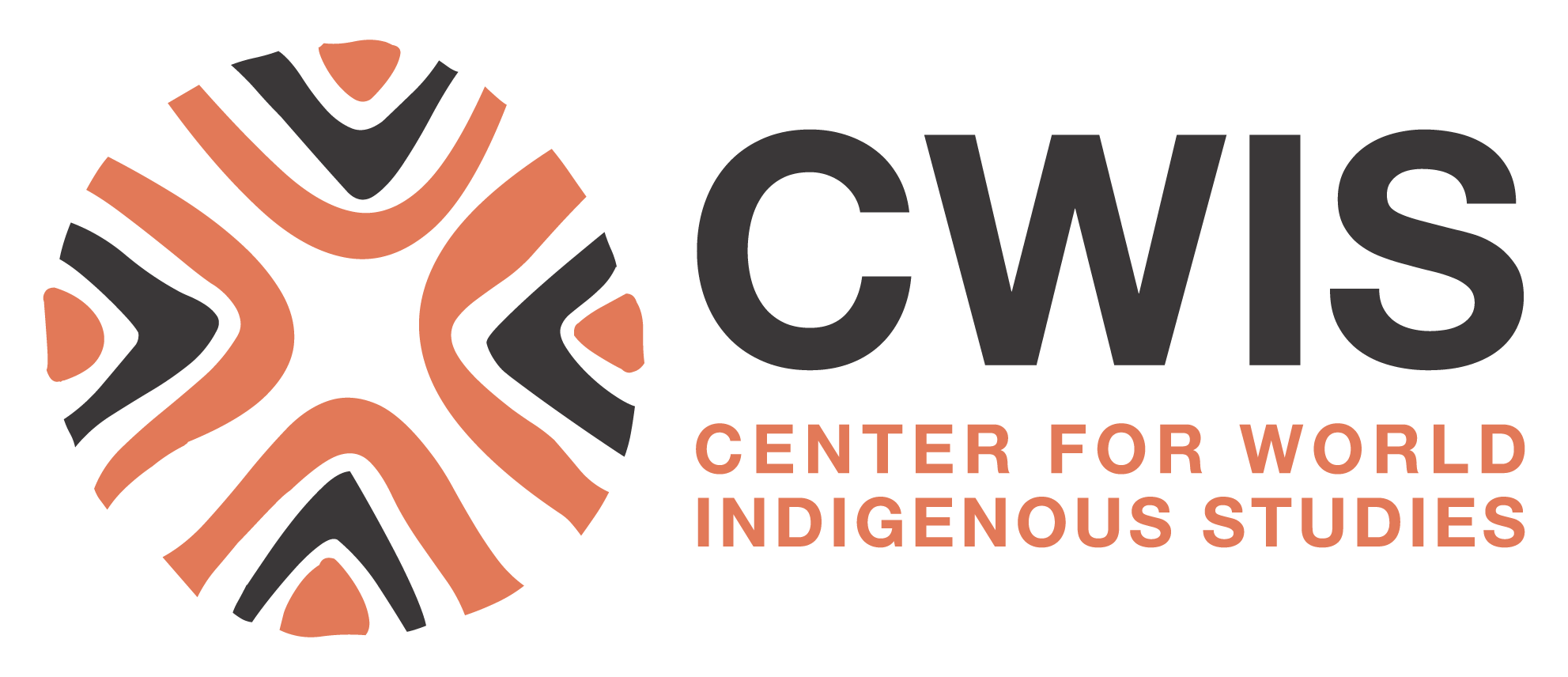
Unlock
Our Salish Country Cookbook
When you sign up for our newsletter

CWIS commences a two-year study of the effects of elevated CO2 and other greenhouse gases on traditional plant-based and animal-based foods and medicines used by Fourth World communities.

CWIS is a contributor to the Nairobi Work Program (NWP), a subsidiary Body for Scientific and Technological Advice (SBSTA) of the United Nations Framework Convention on Climate Change.
Submission of policy recommendations on farming soil reconstruction, and water preservation planning for Indigenous communities particularly in Sub Saharan Africa, and Western India.
CWIS participates in the United Nations Climate Change Treaty, International Indigenous Peoples Forum on Climate Change.
Collaborating with participants around the globe led to the addition of language in protocols recognizing “traditional knowledge” as an integral necessity for mediating the adverse effects of climate change events.
CWIS leads the Quinault Tribal Delegation to the 15th Conference of Parties of the UN Framework Convention on Climate Change in Poznan, Poland.
Facilitated Quinault Nation participation in the ICCFA Conference of Parties Session 14 in Poznan, Poland and two side events at the Conference.
CWIS convenes day-long dialogue with 15 thought leaders on “Protected Knowledge and Tribally Directed Research symposium”, Seattle.
Agreement between tribal representatives that three levels of Protected Knowledge must be recognized in international and domestic forums: Personal Knowledge, Family Knowledge and Community Knowledge requiring different levels of protection.
Definition of policies and actions regarding the effects of the Convention on Biodiversity on Indigenous Peoples.
Presentation of new policies for indigenous peoples biodiversity protections at the International Conference in Rio de Janeiro, Brazil, and changes in tribal policies in Canada regarding the implementation of wild plant and animal uses.
CWIS collaborates with the Pan American Health Organization (PAHO) to “work together to improve the health and wellbeing of indigenous populations in the Americas, including strengthening the response to COVID-19 pandemic spread into indigenous communities.”
CWIS expands its 2020 US Risk Assessment of more than 574 indigenous communities in the United States at the request of the President of the National Congress of American Indians, which resulted in the first significant assessment of the effects of COVID-19 in Indian Country, to México and Canada, for what became a North America COVID-19 Pandemic Risk Assessment.
CWIS catalogs fifty plants, their biomedical uses, and indigenous peoples’ local use in western Mexico.
CWIS sponsors the Yezidi Santana Dharma Society(YSDS) to obtain a six thousand dollar grant to provide emergency support to Yezidi families that were deprived of their food by a deliberate act of sabotage and the burning of 90% of the food crops in the summer of 2019.
In addition, CWIS provides $4,000 through YSDS to assist the Ezidikhan Governing Council to provide emergency services to Yezidi, Mandaeans and Zoroastrians who were victims of bombings carried out by the government of Turkey.
Develops the “Ezidikhan Health and Trauma Recovery Project” to serve Ezidikhan families located in Internally Displaced Persons’ camps.
The Ezidikhan government Health Ministry began planning to deploy the placement of health and trauma recovery teams and community health representatives in strategic locations to serve individuals, families and communities beginning in May 2018.
Facilitates the award of 33,000 USD by the government of India to address flooding and emergency housing for Yezidi refugees.
The Center for Traditional Medicine begins intensive year of delivering “Medical Massage Therapy for Indigenous Women of Cabo Corrientes Mexico”. Grant from the American Massage Therapy Association.
Ongoing treatment of over 125 rural families who experienced stroke, polio and chronic pain, by team of 5 therapists.
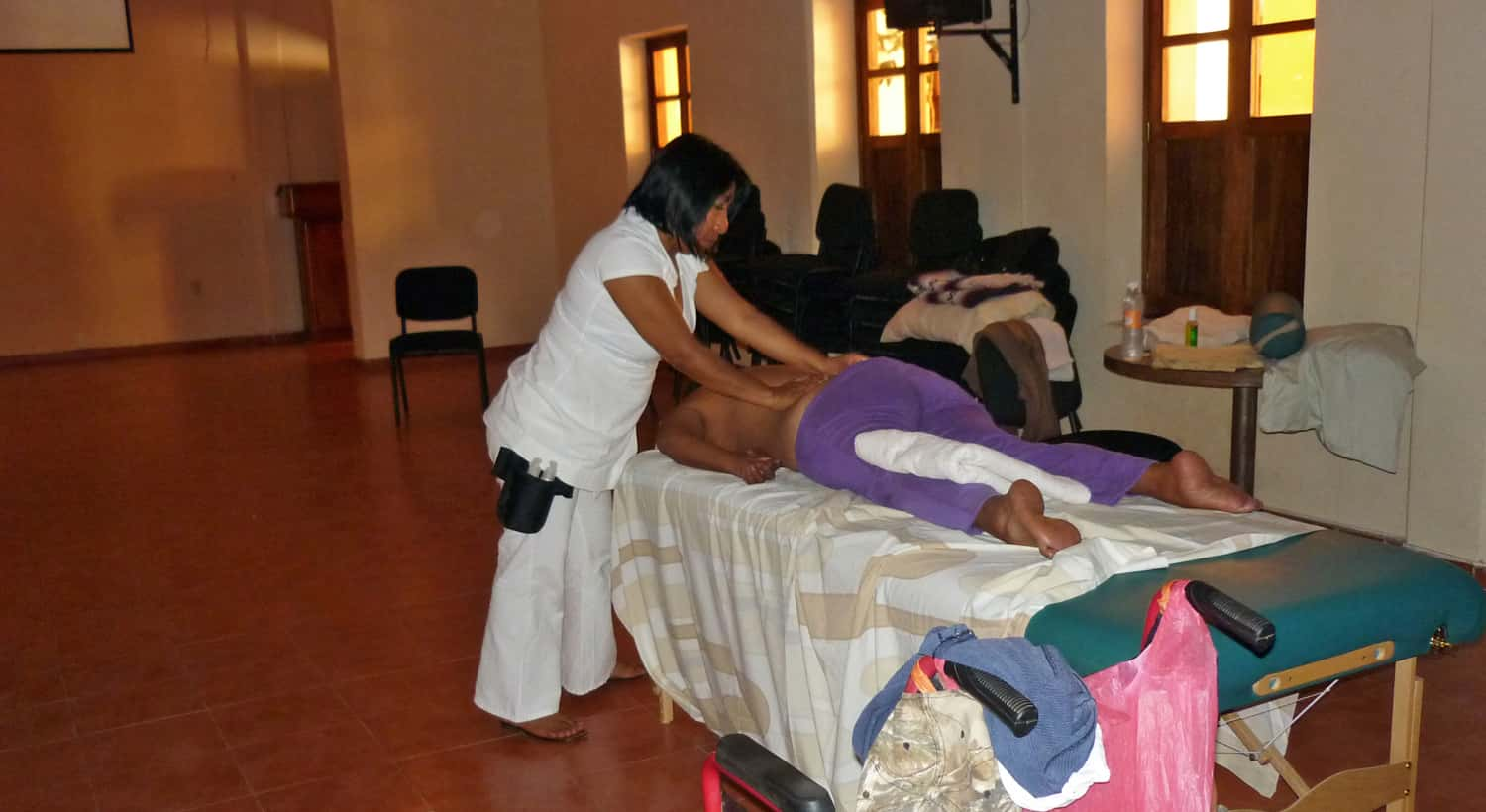
CWIS co-sponsors with UNESCO, World Health Organization, Africa First, and moderates. The International Indigenous Traditional Knowledge and Medicine. Accra, Ghana.

Presents “Traditional Medicine for the prevention and treatment of Diabetes”, at 2nd International Diabetes in Indigenous Peoples Forum: International Best Practices, Vancouver, British Columbia.
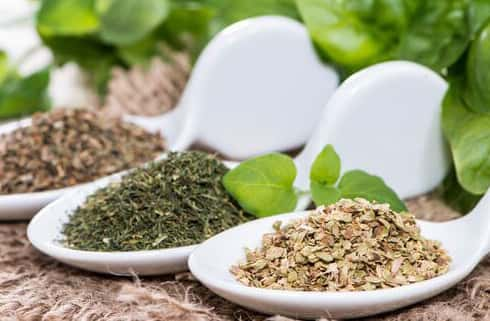
Conducted clinical policy research in Uzbekistan and Tajikistan about the intersection of culture and health funded by German Academic Exchange Services Outcome: “Tajik and Turkmen traditions of health in Uzbekistan” in Fourth World Journal.
Attended by 350 participants, CWIS takes a delegation of 8 presenters who deliver a total of 10 talks and papers.
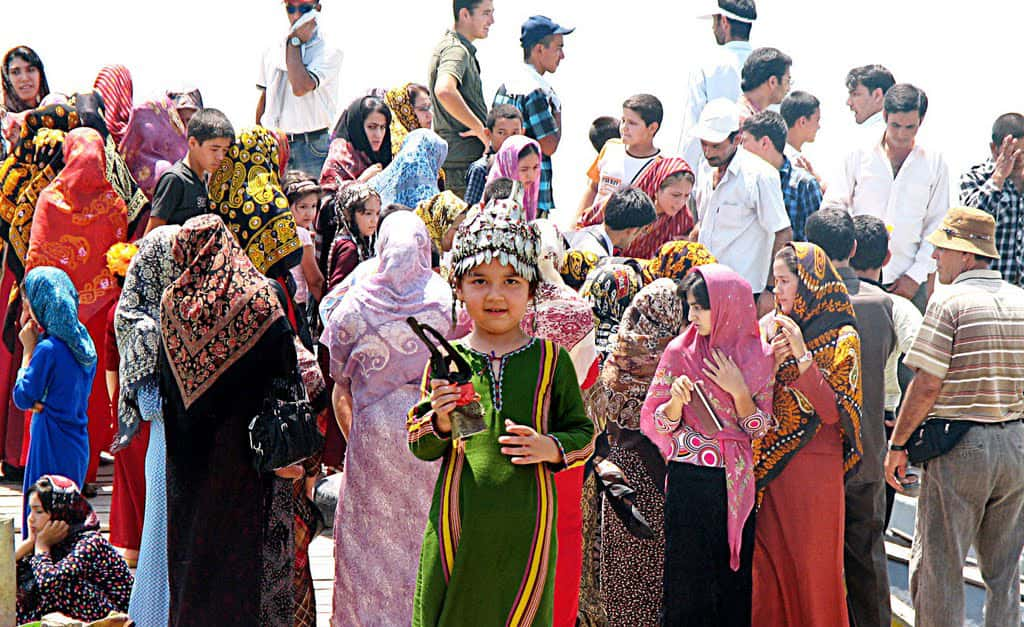
Launches “Nutrients for Natives”, a project along with “Project Access” that delivers pro bono physical and mental health care including traditional foods and nutritional supplementation for tribal elders with diabetes type 2.
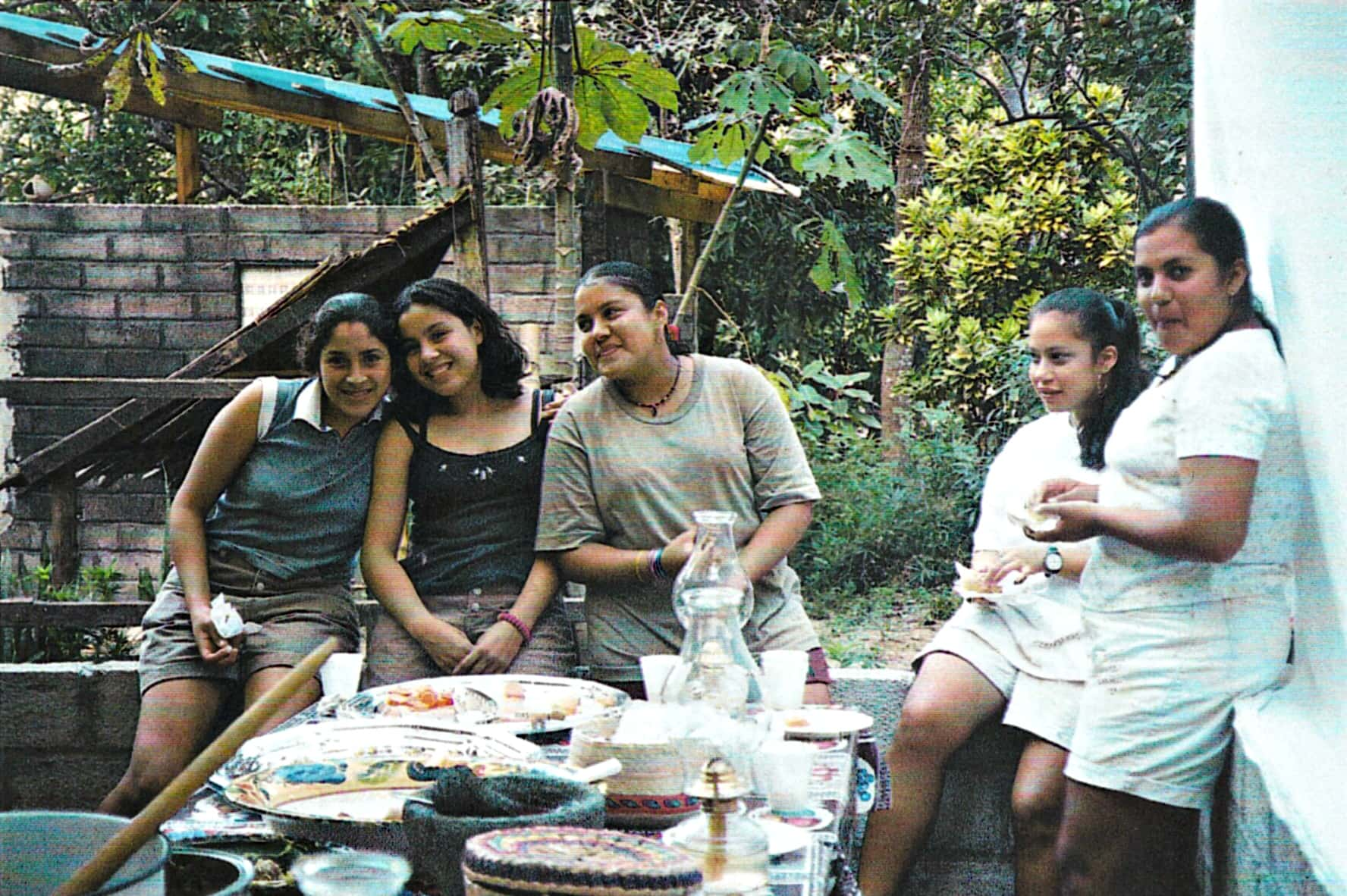
Convener of Panel on Globalization and Indigenous Peoples, National Network of Grantmakers Conference, “Community Trauma, Tourism and Cultural Revitalization”.
Philanthropists made some adjustments in their planned giving to take into account the consequences of community trauma resulting from tourism and the need to enhance cultural revitalization.
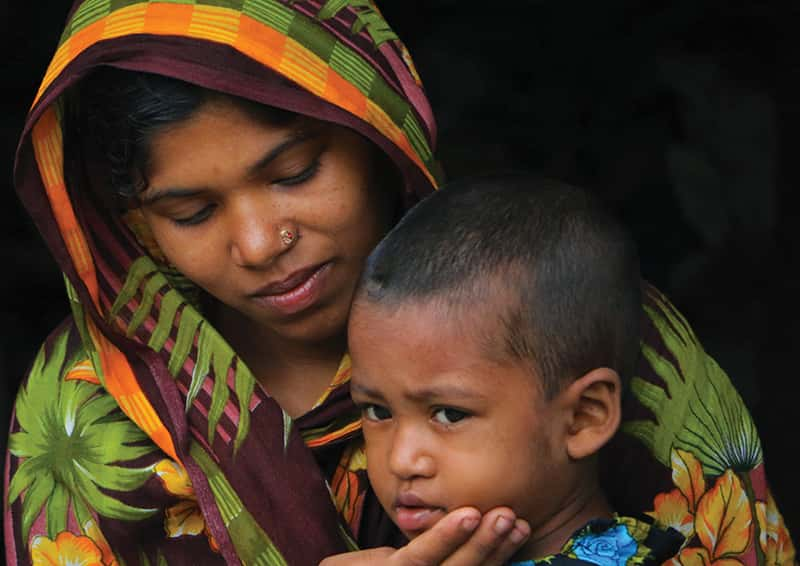
Franklin College of Humanities (University of Georgia) State of the Art Conference.“The Crisis of Biocultural Diversity, Health and Traditional Medicine in the Comunidad Indigena de Chacala: Map and Flora presentation, and Women and Biodiversity.” Paper: “Community trauma and cultural renewal on the West Coast of Mexico: A community determined model”.
Enhanced Academic and governmental responsiveness to traditional knowledge holders in particularly southern Mexico including Mayan people as the primary arbiters of traditional knowledge applications and whether commercial pharmaceutical, academic and government institutions may actively engage in use of their knowledge for profit.
Invited by The Rockefeller Foundation and the University of Georgia to convene 2 panels of “Patenting, Protection, and Property: Access to Cultural Property” and the Scientific Imperative at International Congress on Ethnobiology.
CWIS facilitated the role of two Mayan communities in asserting a moratorium on academic research in their communities without their consent.
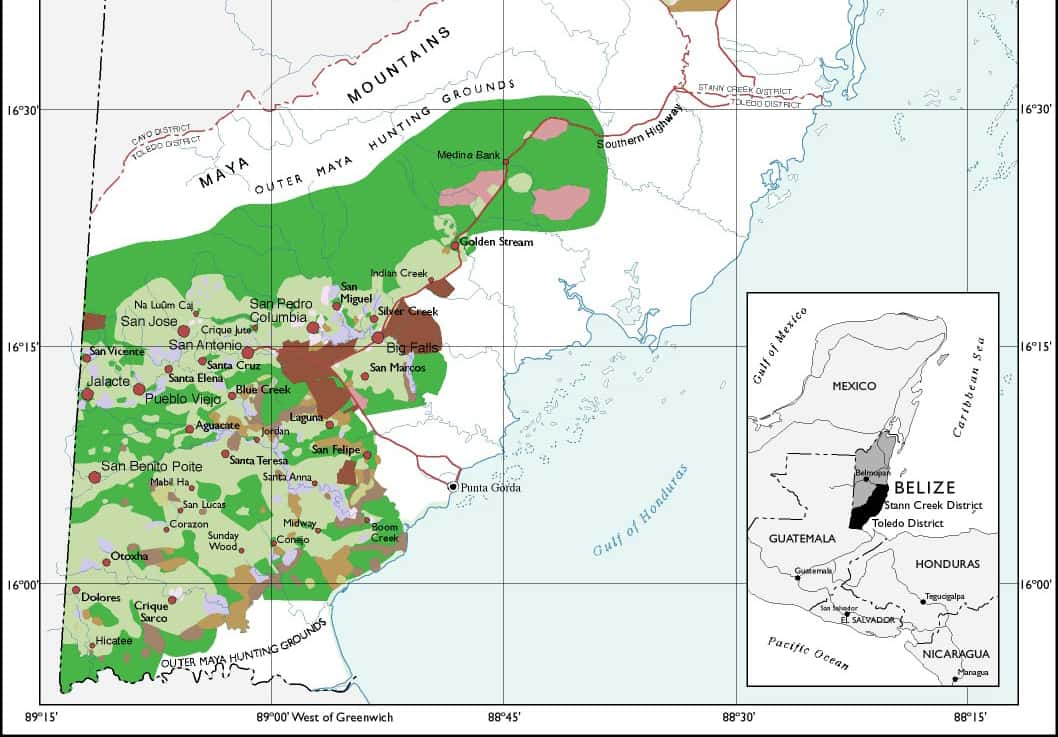
CWIS begins a 4-year community based women’s trauma and traditional medicine project in rural Mexico to explore resilience and tourism. Trains local health providers, expands clinical services, hosts interns from medical schools, provide classes for children and elders. Additional results include research papers and community herbal medicine book disseminated throughout the community.
Leading community women organized a new health and arts center to promote health, traditional medicines and foods via gatherings, training and book.
Delivery of free traditional medicine care via a community clinic serving the indigenous peoples of Cabo Corrientes, Mexico. Yearly seminars to health professionals support pro bono delivery of services year round.
Over 5000 clinical hours delivered to rural Cabo Corrientes for the treatment of acute and chronic physical and mental illness.
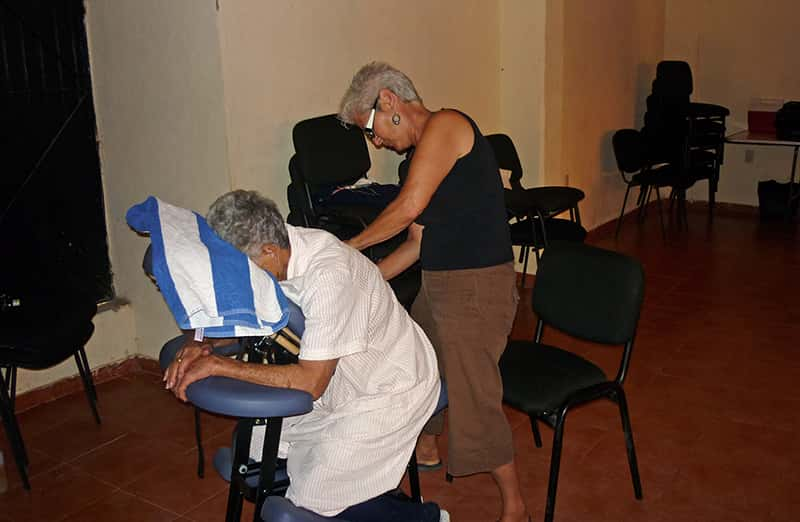
The Center for Traditional Medicine releases Searching for Capomo, a documentary film that interviews twelve elders and youth about the wild tree, seed, leaves, and bark of Brosimum Alicastrum, also known as “The Breadnut” or “Capomo,” and its traditional use for nutrition and medicine. The project also explores the perceived effects of climate change and logging on the tree, its habitat, and traditional medicinal uses.
CWIS Chair Dr. Ryser, delivers two online presentations concerning the culture, foods and medicines of indigenous peoples. The first presentation of “Celebrating All Our Relations” was delivered to indigenous Twitter team members in 23 different countries, and the second was to Benchmark Health Services personnel in the State of Georgia.
CWIS supports Batwa Education Restoration in Rwanda, Congo, Uganda, Angola, Zambia, Botswana.
Two initiatives in Eastern and Central Africa were started at the request of the governing representatives of the Wayyu Nation (Kenya and Ethiopia), and the Batwa Nation (Rwanda). The Wayyu Nation initiative focused on assisting the Elder’s Council to convene a Negotiation Conference with a larger nation over the sharing of cultural practices and political and economic influence.
CWIS establishes cooperative research arrangement with Jumma Nation in Chittagong Hill Tracts of Bangladesh.
Developed a plan for the reestablishment of small schools for Ezidikhan villages with trained teachers providing education in the local language and preparing youth for contributing to Ezidikhan society.
Facilitated the Government India to provide training to six Yezidi, Mandeans and Zoroastrians for a two month period to return to Ezidikhan to establish schools in separate villages.
A non-profit organization in India provided funding to support the schools for the first year.
Celebrates 25 years of indigenous education providing Certificate and Master’s Degrees.
The CWIS 2 year Certificate and Master’s program enabled over twenty-five graduate students to obtain self designed certificates and Masters degrees in the fields Fourth World Studies, Negotiations, Traditional Medicine, Consciousness Studies, and over 500 interns.
Publishes “Cultural Connections, A Teacher’s Guide for cross-cultural education (K-12)” and distributed to schools in the United States, Canada and Australia.
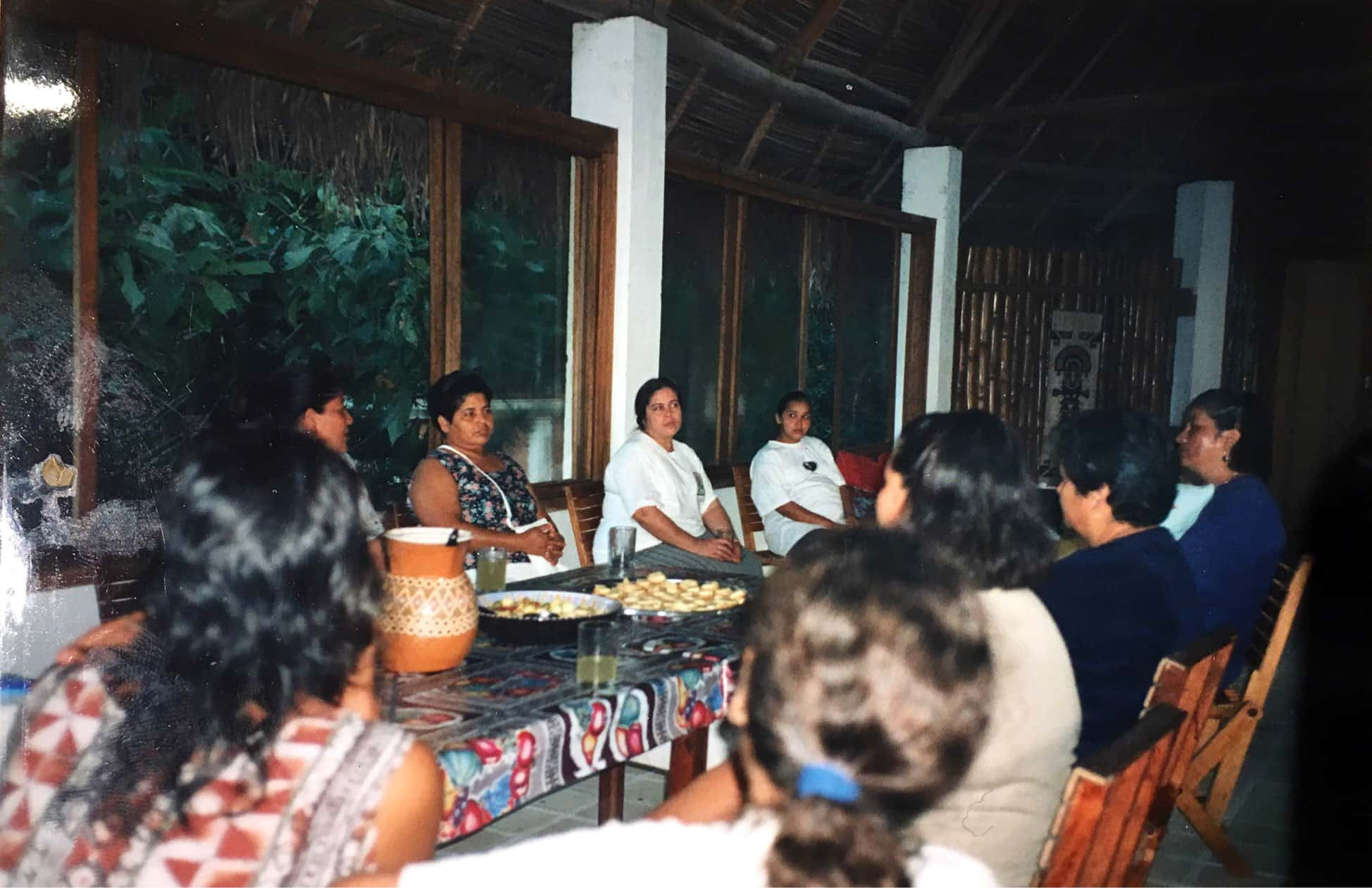
CWIS conducts an extensive inquiry into international mechanisms to prosecute acts of genocide and crimes against humanity committed against indigenous nations from 1945 onward. Of particular focus in the study were the Uyghurs of Uyghuristan (Turkistan in western China, Rohingya in south western Burma and the Yezidi in northern Iraq.) The study was reported in a CWIS article. It noted that from 1945 to 2017 an estimated 12.482 million indigenous people were killed in 156 different incidents and concluded that a new International Mechanism on Genocide must be established.
The results of the study were shared with the governments of India, Germany and Sweden. The expectation is that the resulting Program of Action will be shared with Fourth World nations and that those that are able and concerned will participate in an intergovernmental planning panel to establish an international tribunal.
CWIS convenes the Extractive Industries Initiative Panel of Indigenous and non-Indigenous Scholars to explore strategies for planning, organizing, and implementing approaches to monitor, mediate, and negotiate consent with indigenous nations, to prevent adverse effects of extractive mining on indigenous nations’ ancestral territories.
CWIS creates the FPIC – Free, Prior and Informed Consent for ancestral lands decolonization, monitoring, and enforcement mechanism.
CWIS assists the Tebu Confederation in obtaining relief from the extractive mining industry that has encroached onto their territories, and helps prevent violence committed by these corporations seeking gold, lithium and other precious metals. The Tebu (also spelled Toubou or Tubu) are traditionally nomadic, located in Libya, Chad, Sudan and Niger. There are around 500,000 Tebu in their confederated territories.
As of 2021 more than fifty indigenous nations have signed and ratified the International Covenant on the Rights of Indigenous Nations (1994).
CWIS provides technical and operational assistance to indigenous nations in West Asia to ratify a new international agreement between indigenous nations representing more than 12 million people through the International Covenant on the Rights of Indigenous Nations.
Assistance was also provided to indigenous nations in West Asia to negotiate and ratify the Confederation of Indigenous Nations of the Middle East
CWIS supports the exercise of autonomy and sovereignty in San Francisco Xochicoatla by providing assistance with matters involving encroachments into the Xochicoatla Nation’s territory that threatens the ability of the community to function and prosper.
CWIS establishes the Covenant on the International Criminal Tribunal on Genocide for Fourth World Nations.
CWIS engages the following nations in the Covenant: Batwa of Rwanda, Q’anjob’al of Guatemala, Yezidi, Mandaeans, Zoroastrians, Shabakh, Roma and al Dulaim of Iraq, Syria and Turkey.
CWIS prepares the Ezidikhan Essiyan IDP Relocation Project to facilitate the movement of 2,740 Yezidi families (14,806 people) from a dangerously contaminated (caused by release of Hydrogen Sulfide from a nearby oil facility) Internally Displaced Persons’ camp in Kurdistan to their original villigates in Ezidikhan.
Ezidikhan in collaboration with Kurdistan and the Iraqi government began moving by bus individuals and families from the Internally Displaced Persons’ Camp to village sites in Ezidikhan in May 2018.
CWIS and the International Committee for the Indigenous Peoples of the Americas (INCOMINDIOS) form an international Collaboration.
Joint research and publication of reports on the situation of specific indigenous nations in the Americas, and planning for presentations before the United Nations’ Economic and Social Council sub-organizational bodies on the rights of indigenous peoples.
Advisor to Yezidi indigenous people to form their government and establish alliances neighboring indigenous nations and with India and European Countries. Wrote policies and procedures and the Proclamation to Establish the Provisional Government of Ezidikhan as part of the Cultural Rights Project. In addition in recognition of the 2014 genocidal attacks on Yezidi and other neighboring indigenous communities perpetrated by the Islamic State CWIS developed a plan to organize and convene the International Criminal Tribunal on Genocide for Yezidi and Neighboring Peoples (ICTY).
The Supreme Spiritual Council of the Yezidi proclaimed the “Proclamation on the Establishment of the Provisional Government of Ezidikhan (Yezidi Land)” providing for a twelve member Governing Council with a Prime Minister, Deputy Prime Ministers, Foreign Minister, Justice Minister and others governing more than 1 million people. The Ezidikhan government began negotiations with the government of India for reconstruction aid and negotiations with the Iraqi government for reconstruction and formalizing political relations. The ITCY is under negotiation with indigenous and states governments.
Writes and submits the Joint Statement of Constitutional and Customary Indigenous Governments defining international protocols for implementing the UN Declaration on the Rights of Indigenous Peoples (UNDRIP) submitted to the United Nations Permanent Forum on Indigenous Issues and to all UN state missions.
The Ezidikhan Government proposed an Intergovernmental Treaty with the Iraqi government to implement provisions of the UNDRIP to apply the principle of “free, prior and informed consent” required by the United Nations.
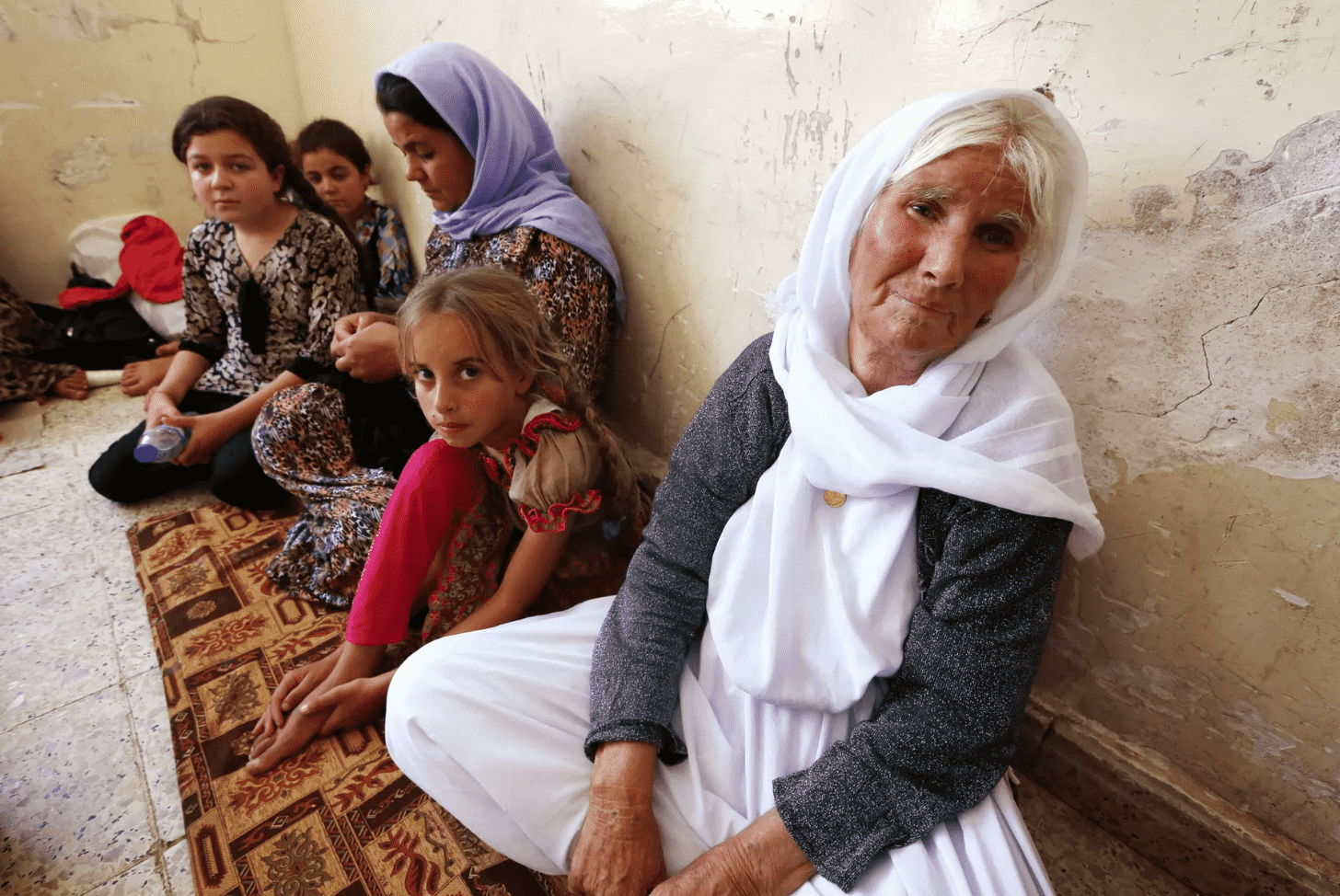
CWIS collaborates in the drafting of the “Statement of 72 Indigenous Nations and Ten Indigenous Organizations”, was signed and submitted to the Twelfth Session of the United Nations Permanent Forum on Indigenous Issues (UNPFII).
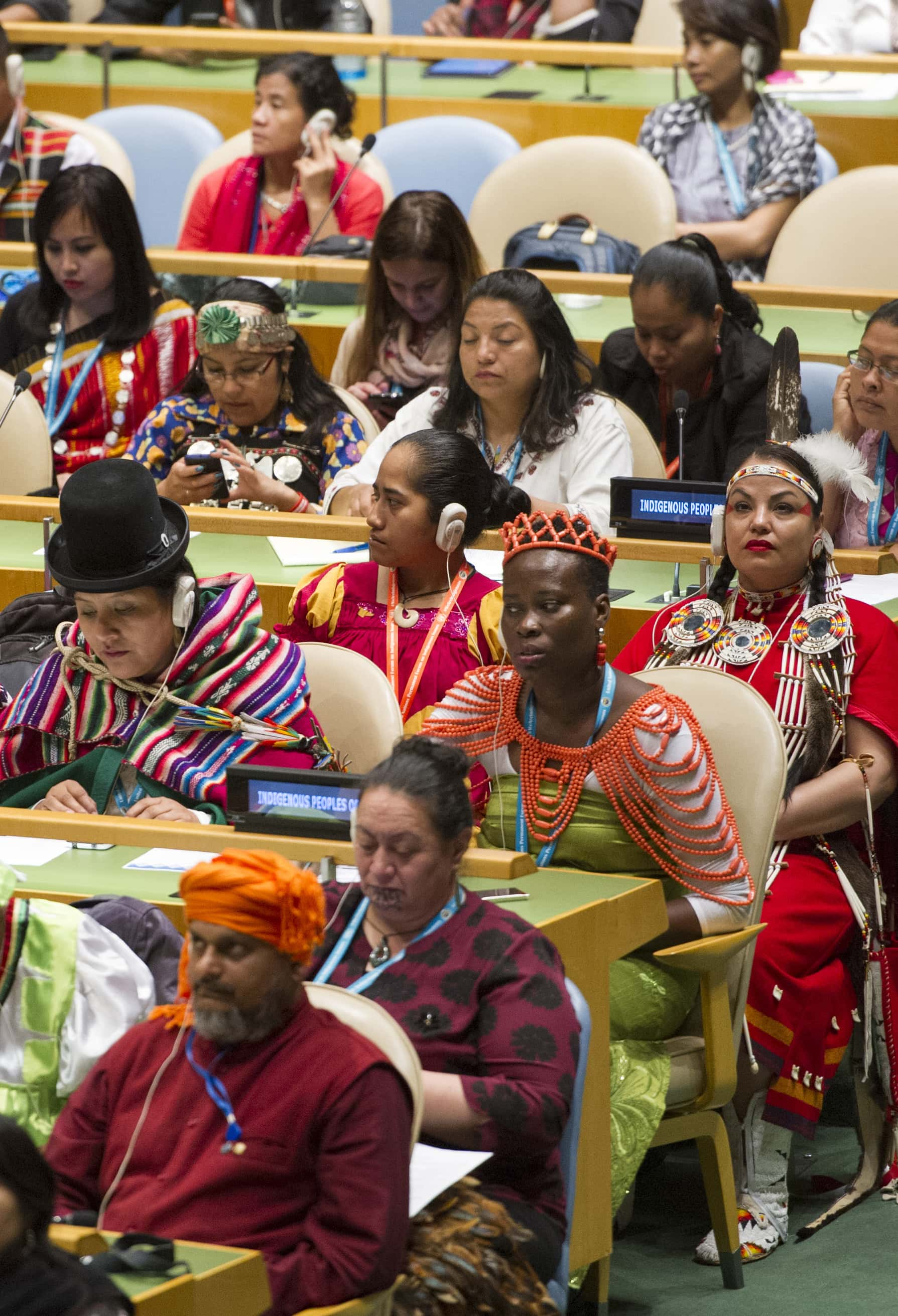
CWIS collaborates with the Southeast Indigenous Peoples Center on the Future Work of the UN Permanent Forum on the Rights of Indigenous Peoples.
CWIS is asked to develop the self-government charter with leaders of the Biafra Foundation to promote governing representation of Igbo throughout the southeastern portion of Nigeria.
Following years of intensive work with the Igbo leadership in southern Nigeria, CWIS drafts the “Biafra Charter Preamble” for the conduct of governance of Biafra.
CWIS drafts recommended definitions and terms of reference for the Inter-American Declaration on the Rights of Indigenous Peoples through the Organization of American States in cooperation with tribal leaders.
Following 10-years of participation in the United Nations Working group on the rights of Indigenous peoples, CWIS drafts “The International Covenant on the Rights of Indigenous Nations”.
Ratified by leading indigenous nations in South Sudan (Numba), Africa; Crimea (Tartar), Ukraine; West Papua, Indonesia; Confederacy of Treaty Six Nations and Apethesaht Nation, Canada in Geneva, Switzerland.
CWIS facilitates an agreement between the Chakma of the Chittagong Hill Tracts of eastern Bangladesh and Papuans of West Papua to strategize reversal of World Bank funding to the separate states supporting “transmigration programs”.

The National Congress of American Indians asks CWIS to advise the Miskito, Sumu and Rama Indian tribes during the peace negotiations to end the war in Nicaragua under and agreement between NCAI and MISURASATA.
As part of a multi-member advisory team a temporary halt in the conflict between MISURASATA and the Nicaraguan government was achieved under the supervision of the Columbian Government. Mexico City, Mexico.
CWIS develops the strategy to establish agreements between the Indian governments and the United States recognizing each nation’s self-governance status.
The establishment of Self governance compacts is enacted; a legally binding and mutually enforceable written agreement that affirms the government-to-government relationship between a Self-Governance Tribe and the United States.
CWIS consults the Food and Agriculture Organization of the UN (FAO) on Small-Scale Indigenous Fisheries, Food Security and Biodiversity.
Ezidikhan Food, Nutrition & Agriculture Project. Restore 2,500 to 5,600 farms to restore the food and economic base of Ezidikhan. January 2018 submitted to the Government of India.
Ezidikhan Rebuild and Return Initiative: Reconstruction of the social, economic and political life in villages, towns – A Five Year Plan. October 2017.
CWIS establishes the Congress of Nations and States to create a new international mechanism to promote dialogue and decision-making between indigenous nations and state governments to implement policies and principles agreed to, but not implemented, which have been enshrined in international instruments since 1977.
CWIS conducts policy research and drafts an analysis of incidents of genocide perpetrated against indigenous peoples. The initial findings were that there were 156 alleged genocides that resulted in the death of more than 12 million people from 1945 onward, and that none had been adjudicated and no perpetrators have been held accountable. The research demonstrated that the 2016 genocide of 10,000 Yezidis was not likely to be considered by the International Criminal Court.
CWIS embarks on the process of developing a new international mechanism to hold perpetrators of genocide and crimes against humanity and indigenous peoples accountable.
Advisor to Yezidi indigenous people to form their government and establish alliances neighboring indigenous nations and with India and European Countries. Wrote policies and procedures and the Proclamation to Establish the Provisional Government of Ezidikhan as part of the Cultural Rights Project. Developed a plan to organize and convene the International Criminal Tribunal on Genocide for Yezidi and Neighboring Peoples (ICTY).
The Supreme Spiritual Council of the Yezidi proclaimed the “Proclamation on the Establishment of the Provisional Government of Ezidikhan (Yezidi Land) providing for a twelve member Governing Council with a Prime Minister, Deputy Prime Ministers, Foreign Minister, Justice Minister and others governing more than 1 million people. The Ezidikhan government began negotiations with the government of India for reconstruction aid and negotiations with the Iraqi government.
CWIS drafts recommended definitions and terms of reference for the Inter-American Declaration on the Rights of Indigenous Peoples through the Organization of American States in cooperation with tribal leaders.

Following 10-years of participation in the United Nations Working group on the rights of Indigenous peoples, CWIS, drafts “The International Covenant on the Rights of Indigenous Nations”.
Ratified by leading indigenous nations in South Sudan (Numba), Africa; Crimea (Tartar), Ukraine; West Papua, Indonesia; Confederacy of Treaty Six Nations and Apethesaht Nation, Canada in Geneva, Switzerland.
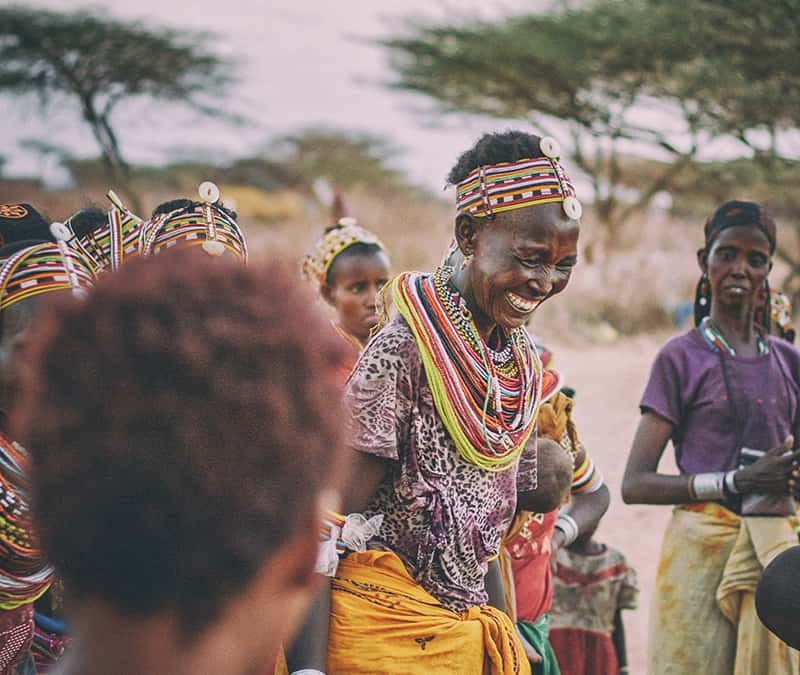
Drafts and obtains Ratification of International Covenant on the Rights of Indigenous Nations.
Draft United Nations Declaration on the Rights of Indigenous Peoples.
The Center for Traditional Medicine(CTM) develops the 3 ½ hour Native Roots online course on indigenous knowledge systems, the benefits of wild plants for health and medicine, and the negative effects of climate change on wild plants and the indigenous peoples who rely on them.
CTM provides specific steps about how to become an activist scholar and a community change maker, to apply and share the principles of indigenous ways of knowing with the purpose of protecting and nourishing the environment.
CWIS staff publishes chapters in 2 seminal text books: “Fourth World Theory and Methods of Inquiry” in Handbook of Research on Theoretical Perspectives on Indigenous Knowledge Systems in Developing Countries and “Ways of Knowing” in Tribal Epistemologies.
CWIS hosts Uyghur scholars Dr. Sawut Pawan and Dr. Osmanjan Yakup from Xinjang University in East Turkistan (west China) to study indigenous knowledge for 3 months in the Pacific Northwest US.
CWIS facilitates “Moratorium on BioProspecting” among key indigenous participants in the Indigenous Forum on BioDiversity in Sevilla, Spain.
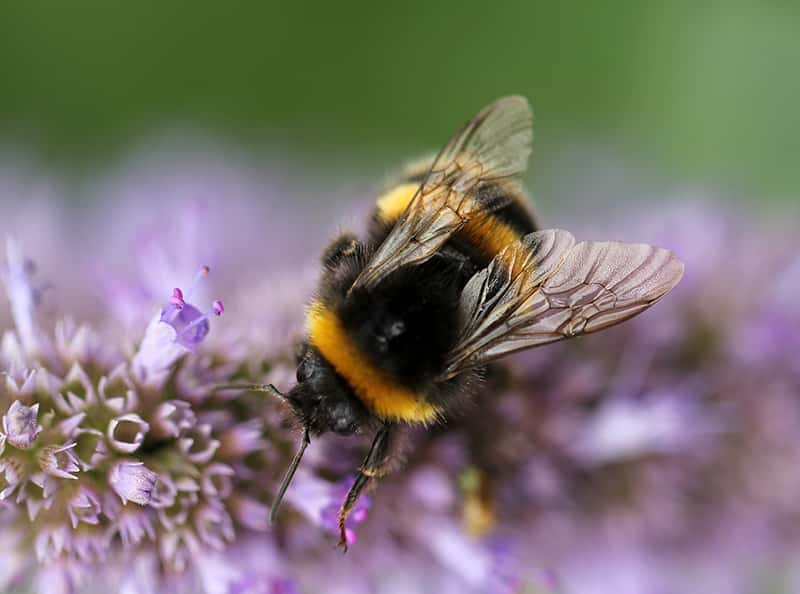
CWIS research team presents at the invitation by the Rockefeller Foundation on Ethnobio-prospecting and Benefits-sharing at International Congress on Ethnobiology, University of Georgia, Athens, Georgia.
